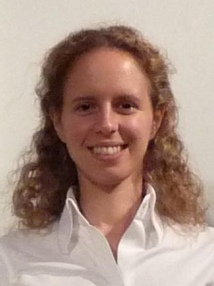Model-driven process design for improved antibody glycosylation
Monday 11 June 2018, 1.00PM
Speaker(s): Dr. Cleo Kontoravdi, Centre for Process Systems Engineering, Department of Chemical Engineering, Imperial College London.
Exerting control over the glycan moieties of glycoprotein therapeutics is highly desirable from a product safety and efficacy perspective. Strategies to improve specific protein productivity may compromise quality, while interventions for improving glycoform distribution can adversely affect cell growth and productivity. Process design therefore needs to consider the trade-offs between preserving cellular health and productivity and enhancing protein quality. In this work, we present a modelling platform that can be used to diagnose intracellular bottlenecks for antibody glycosylation and design improved processes. Using this platform we have been able to establish the impact of process temperature changes and glycosylation precursor feeding on cellular metabolism and the expression of Golgi-resident transport proteins and glycosyltransferases. We have used this knowledge to identify the process input space in terms of the culture dynamic feeding regime that satisfies both titre and glycan distribution constraints using a novel algorithm for constrained global sensitivity analysis. Selected feeding strategies have been implemented experimentally and have successfully demonstrated the validity of model-driven process design. This work supports the implementation of Quality by Design in Bioprocessing and is expected to significantly increase operational flexibility.
More on Dr. Cleo Kontoravdi

Location: K018
Email: dani.ungar@york.ac.uk
